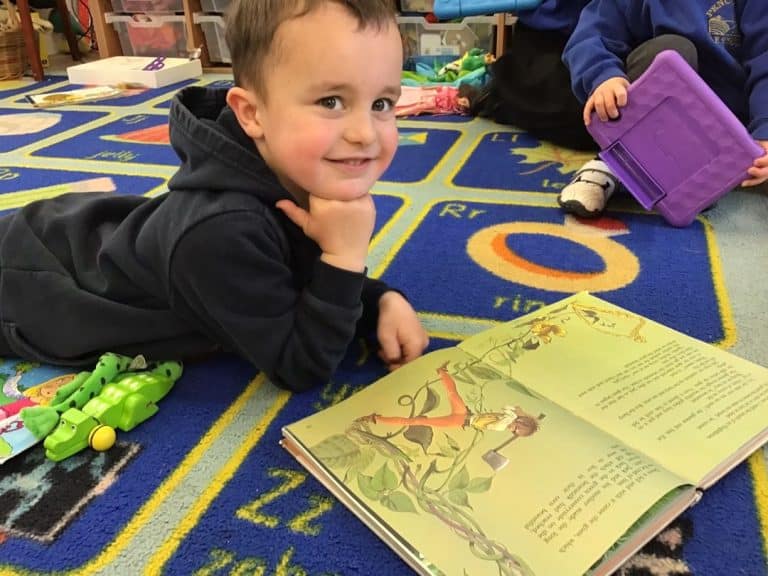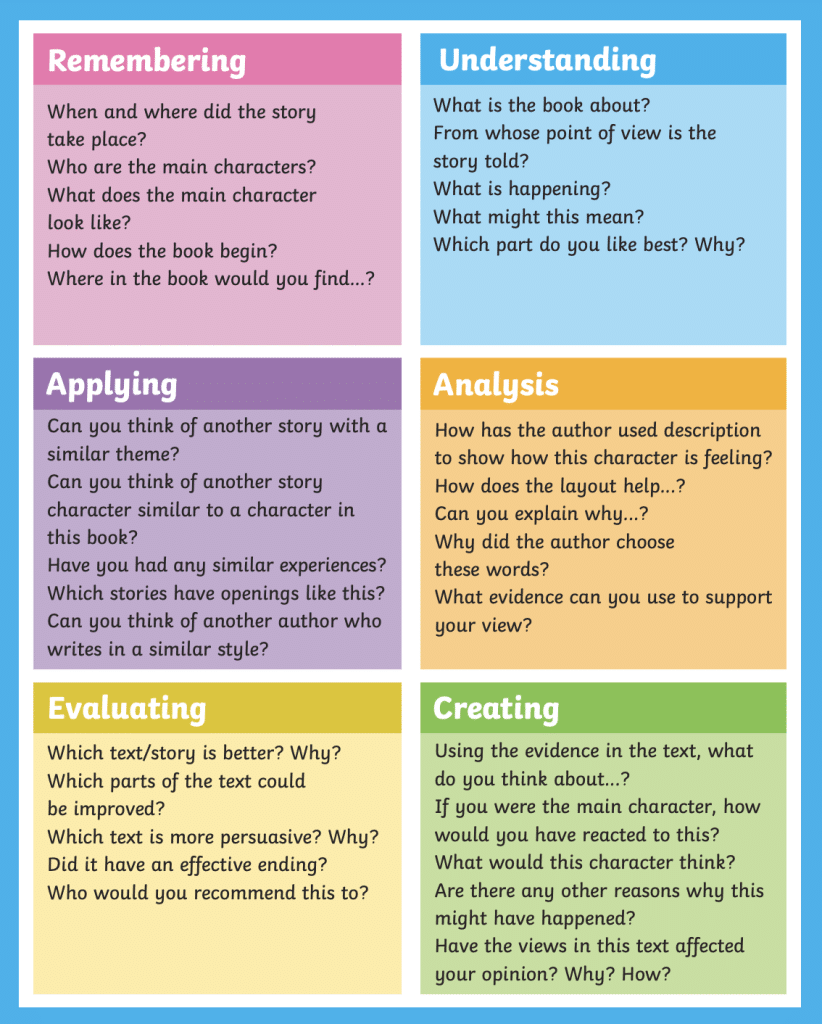
We are an inclusive school and we set high standards and expectations for all of our pupils regardless of their abilities.
We use various strategies and grouping to enable our pupils to fulfil their potential in all curriculum areas including English.
Children are encouraged to reach their full potential by using a well-planned curriculum and providing extensive intervention programmes.
Here at Pencombe CofE Primary we encourage each child to enjoy and appreciate the rich variety of literature so that they can respond with knowledge and enthusiasm. Children are involved in daily Basic Skills sessions to build up their Spelling, Grammar and Punctuation expertise.
The National Curriculum states that pupils should be taught to read fluently, understand extended prose and be encouraged to read for pleasure. Reading is singled out as of extreme importance since through it ‘pupils have a chance to develop culturally, emotionally, intellectually, socially and spiritually’. Reading allows pupils to ‘acquire knowledge’ and to ‘build on what they already know’ .
Reading at the early stages is supported through phonics teaching using the Floppy Phonics scheme. To support progress in reading, all pupils are expected to read at least four times a week.
The curriculum divides reading skills into two dimensions:
As a whole school we follow Talk4Reading, an approach to develop these two dimensions and positively influence children’s interactions with a text.

The National Curriculum states that pupils should be ‘taught to speak clearly and convey ideas confidently in Standard English’ . They should:
We recognise that both these elements are essential to success and we support the acquisition of both sets of skills through various methods. We recognise that these areas are clearly linked to the other aspects of English learning: speaking and listening, reading, grammar and vocabulary. We use the Talk for Writing method developed by the well-known author Pie Corbett. Links are made across the curriculum as part of our topic teaching.
To ensure there is a high standard of Spelling and Grammar, the whole school participates in daily Basic Skills sessions and follows an interactive spelling application called The Spelling Shed.